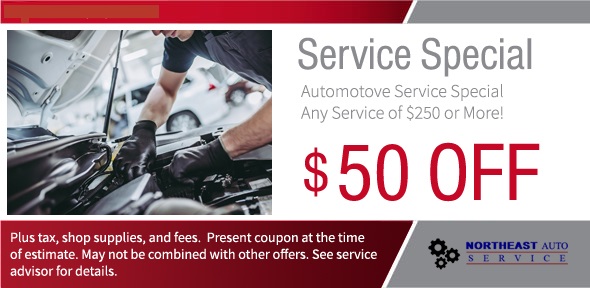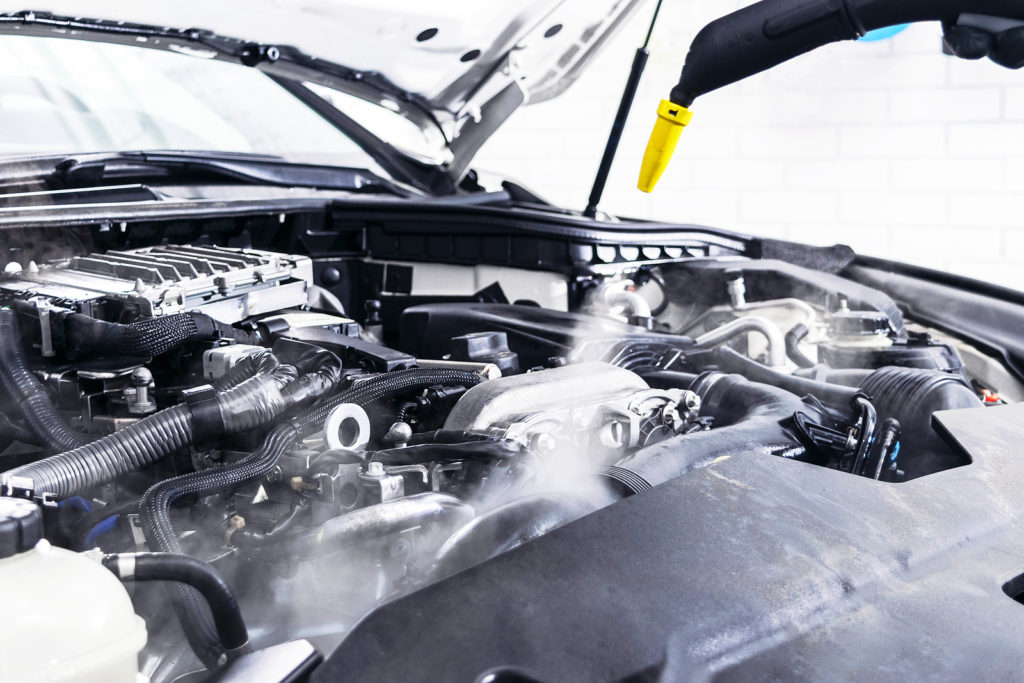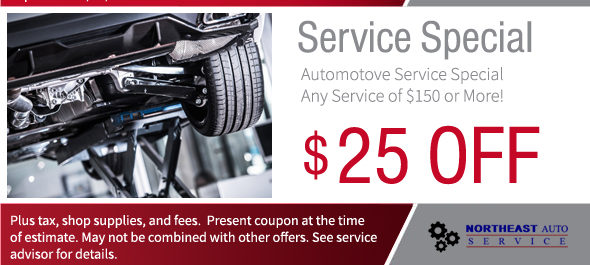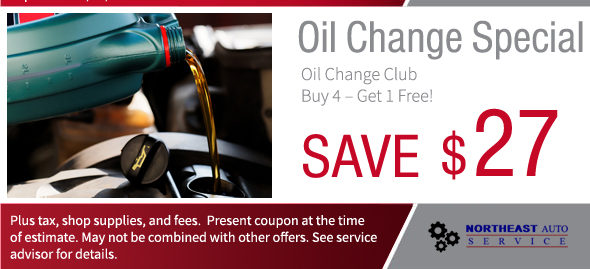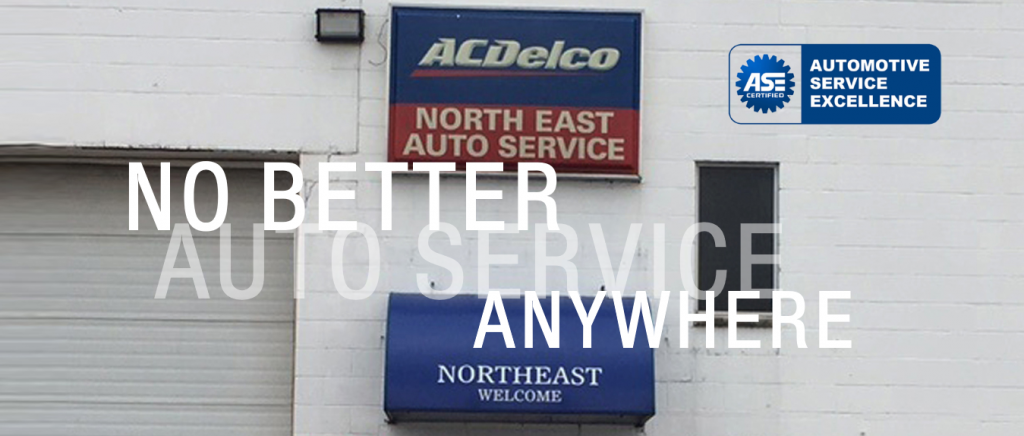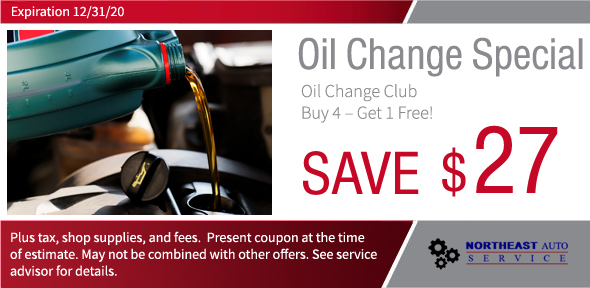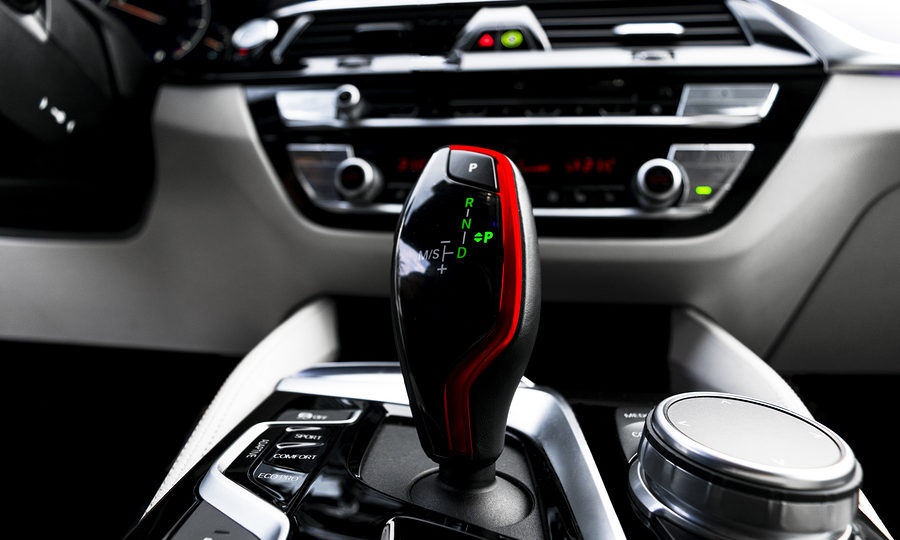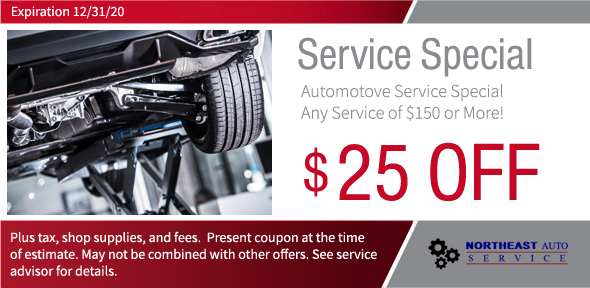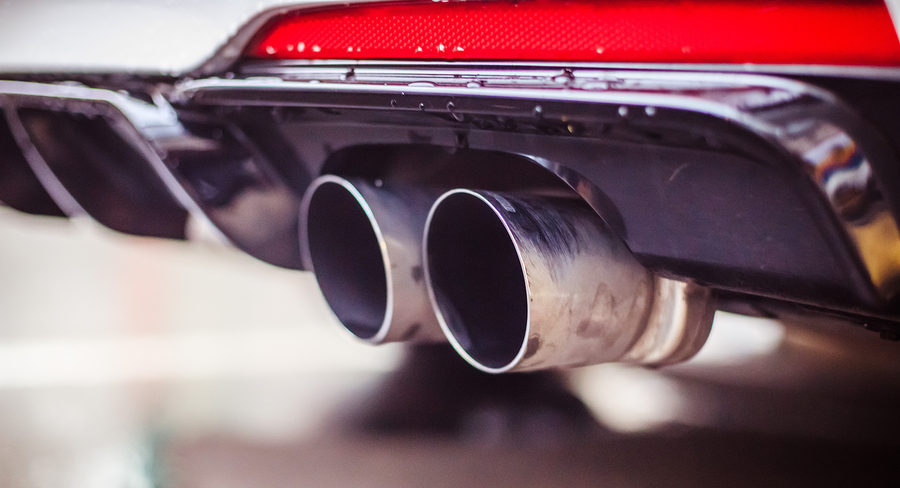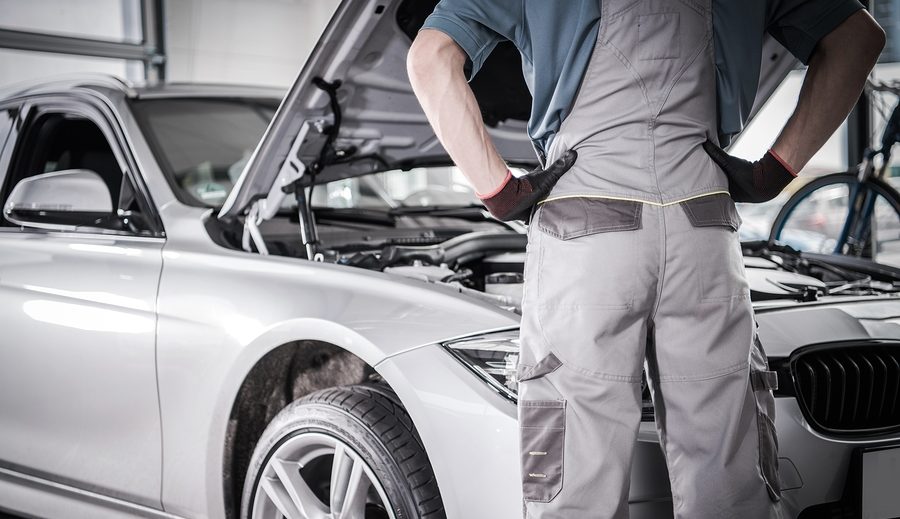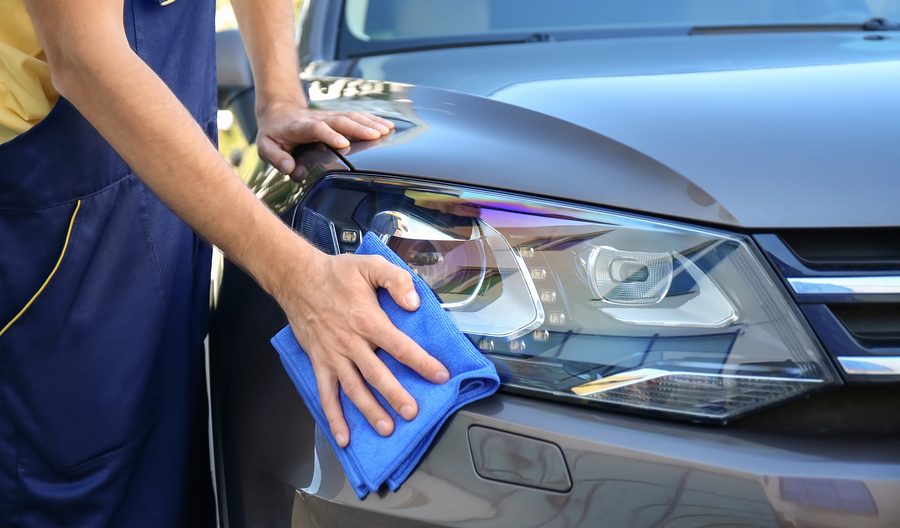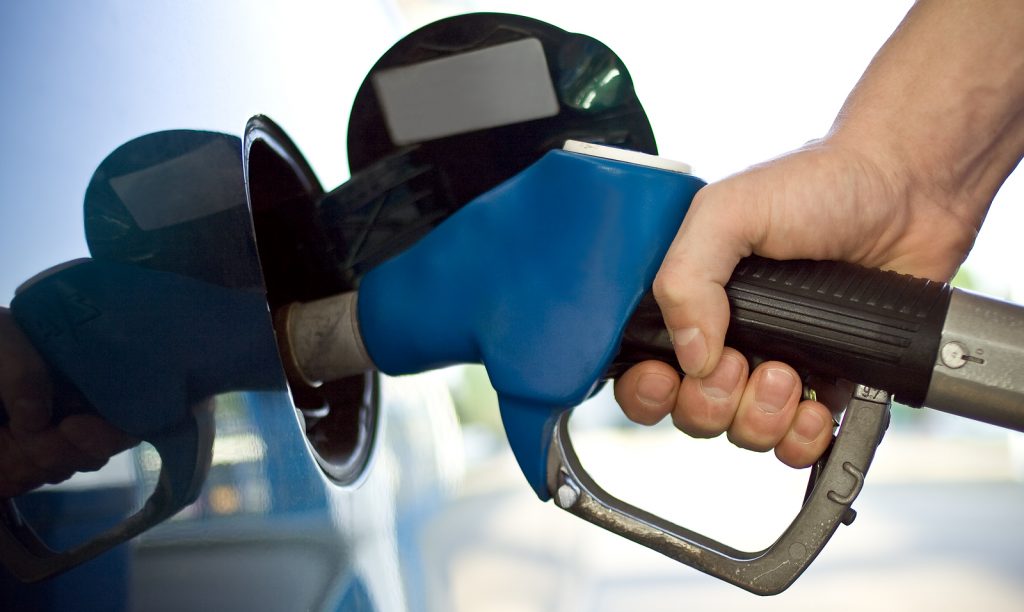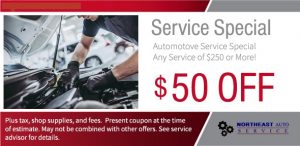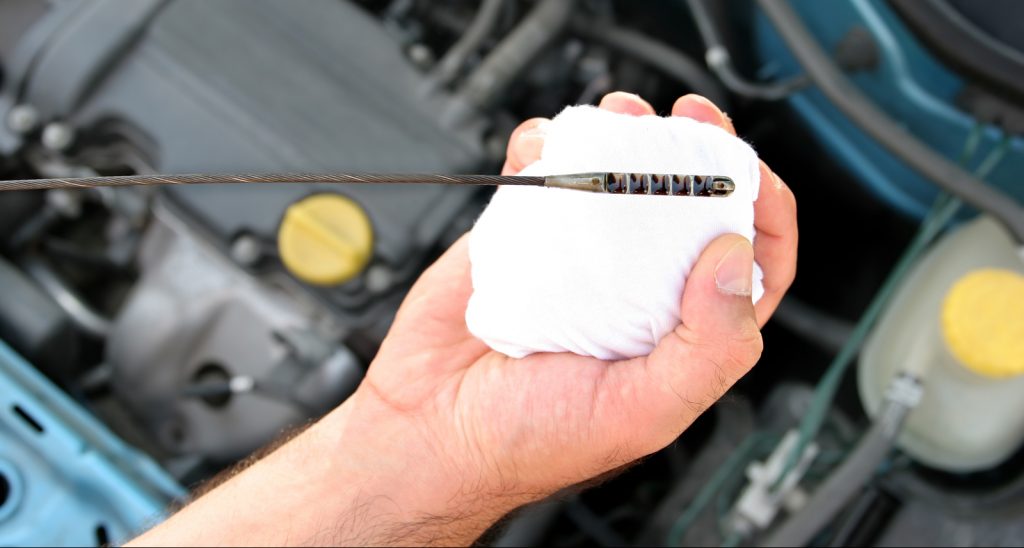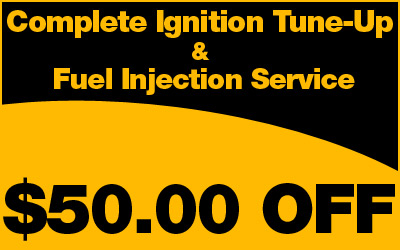If you are not a trained mechanic, you can’t always tell what’s wrong with your car, or whether there’s even anything wrong at all. But by educating yourself on the stop signs of different failing auto parts, you can better be attuned to what your car is trying to tell you. One of the most overlooked auto part replacement needs is bad spark plugs.
Continue reading to learn how to tell if you need to replace the spark plugs in your car, and who to trust for affordable auto repair and car maintenance in Indianapolis.
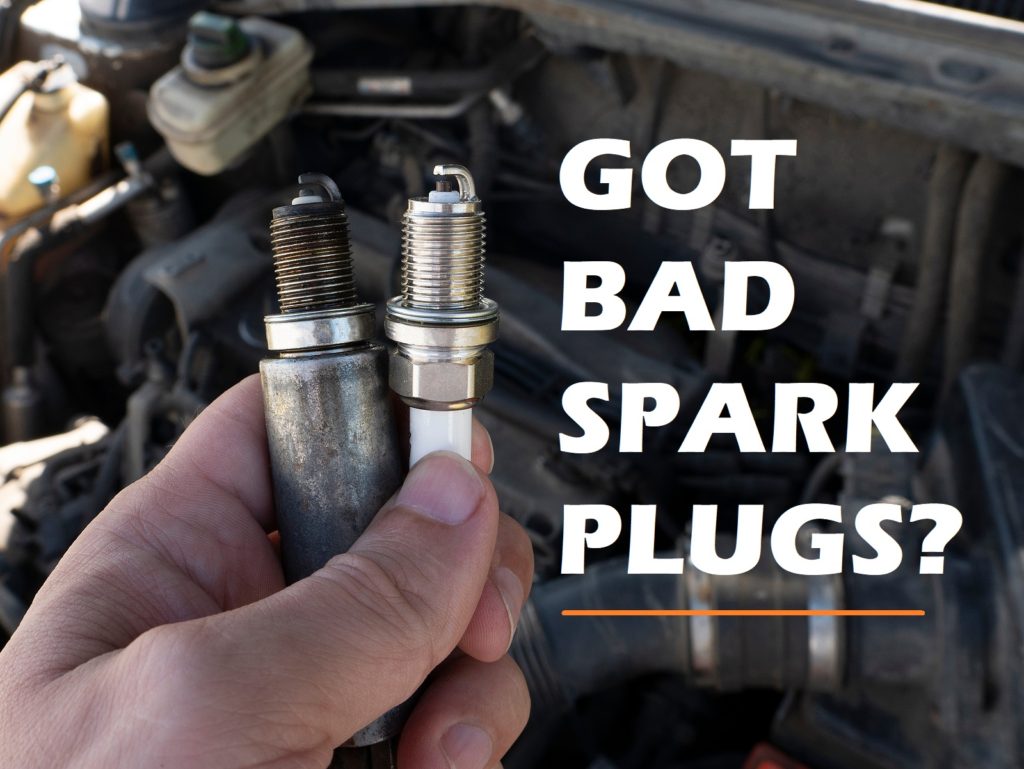
What Do Spark Plugs Do?
Spark plugs are important automotive component because they play a vital role in your engine’s overall operation. As small electrical devices within a vehicle, spark plugs work by triggering combustion within the engine. And just like their name suggests, they produce a spark that ignites the air-fuel mixture within the combustion chambers of the engine cylinders. As a result, the engine gets the power it needs to move the vehicle. Basically, spark plugs are responsible for starting your car, keeping it started, and ensuring a smooth ride.
Signs of Bad Spark Plugs
Most auto manufacturers recommend replacing spark plugs every 30,000 miles, while others suggest their vehicles can last up to 100,000 miles or more before spark plug replacement is needed. Most spark plugs are made with metals like titanium and iridium, which are strong grades. Other spark plugs are made from copper, which tends to not last as long. Check with your owner’s manual or local Indianapolis auto mechanic to confirm your spark plug replacement schedule.
There are various symptoms a vehicle can demonstrate that may indicate an underlying problem with spark plugs. However, there are 5 very common signs that suggest your spark plugs have gone bad and should be replaced. These top five signs include poor gas mileage, engine misfires, engine turnover problems, slow or delayed acceleration, and bumpy idling.
Poor Gas Mileage
If you notice that your fuel tank is not lasting as long as it usually does, and no other changes have taken place within your driving habits for your vehicle, it could be a sign that your spark plugs are deteriorated. Spark plugs that are in good condition help your engine burn fuel efficiently, so when they start to deteriorate, one of the first signs is increased fuel consumption.
Engine Misfires
An engine misfire is when a running engine suddenly blows, pops, and shuts down. Misfires sound like sputtering, rough shaking, or a sudden wind down of power. Spark plugs are not in the best condition, they can cause engines to misfire because the spark producing is not adequate to ignite the air fuel mix within the combustion chambers.
Engine Turnover Problems
Like engine misfires, if you have trouble starting your car, whether in cold weather, when you have a low level gas, or for what seems like no reason at all, it could be because your spark plugs are dirty or damaged, and therefore not generating a strong enough spark anymore. Jerky starts or unsuccessful turnovers are a telltale sign of spark plug problems.
Slowed Acceleration
Slow or delayed acceleration is another common sign of bad spark plugs. When you press your foot down on the gas pedal, but your car doesn’t seem to respond as quickly as it used to, it could be because you were spark plugs are deteriorated or damaged. This sign could also indicate other issues, like dirty fuel injectors, defective oxygen sensors, and bad fuel pumps. But most often, it’s just the spark plugs, which fortunately, are much cheaper to repair.
Bumpy Idling
Rough, bumpy, and/or loud idling, whether sitting in the driveway waiting to take off, or at a stoplight, is a common sign that spark plugs have corroded. Keep your ears open for rattling, bumping, knocking, and pinging noises, which are all frequent symptoms of spark plug problem in the engine.
Are you looking for a trusted auto mechanic for help with your spark plug problem? Contact Northeast Auto Service at 317-475-1846 for engine repair and scheduled car maintenance in Indianapolis, Indiana you can afford. We also offer auto service coupons and discounts!
You Should Also Read:
4 Ways to Get Better Gas Mileage
6 Signs That Suggest You Need Alternator Repair
Top 3 Signs You Need Catalytic Converter Repair
